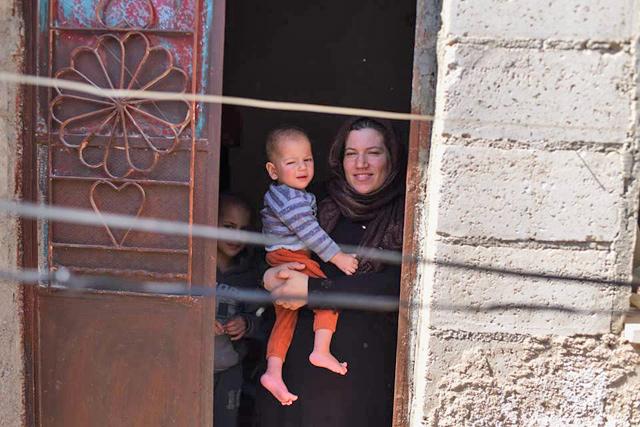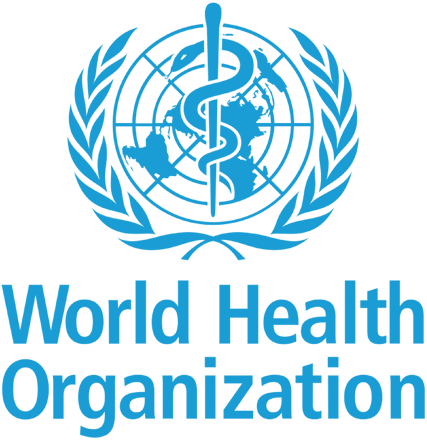You are here
Amman’s refugee experience turns into case study
By Johanna Montanari - Aug 27,2019 - Last updated at Aug 27,2019

Between June and July 2018, the authors of the report conducted 12 interviews with refugees and Jordanians (Photo courtesy of UNHCR Facebook page)
AMMAN — A report titled “Citizens of Somewhere” published on Monday takes Amman as a case study to investigate the refugee experience in cities.
The study was written by three authors affiliated with Tufts University in the US and is part of a bigger Refugees in Towns (RIT) project, which has published similar studies on other cities and “promotes understanding of the migrant/refugee experience by drawing on the knowledge and perspectives of refugees themselves as well as local hosts, and working with them to develop case studies and reports of the towns in which they live”, according to the project’s website.
Between June and July 2018, the three authors, Allyson Hawkins, Ruby Assad and Denis Sullivan, conducted interviews with two Sudanese, three Iraqis, three Syrians, three Jordanians, and one Gazan living in Amman and observed “key sites and neighbourhoods”, according to the report.
The report chose Amman as a case study because it “has for years been at the centre of prolonged refugee experiences”, mentioning the arrival of Palestinian refugees after 1948 and again after 1967, the acceptance of Iraqi refugees in the wake of the US invasion of Iraq in 2003 and the influx of Syrian refugees since 2012, as well as growing Sudanese and Yemeni refugee populations, the presence of migrant workers from Egypt and that of other migrant workers from African and southeast Asian countries.
Amman hosts 32 per cent of Jordan’s refugees, according to the report.
The report says that since the Syrian crisis in 2011, Amman has changed and some Jordanians lament the increased numbers of refugees.
Many Jordanians explained the situation in terms of “before and after” the arrival of Syrian refugees, according to the report. “[Our] access to services and resources was better before the refugees came,” a Jordanian man is quoted as saying.
As for refugees, lack of access to public services, affordable housing and employment represent hurdles to integration. Rental prices in Amman are “notoriously high”, the report said.
“In Jordan, if you have money, then everything is good,” an Iraqi woman is quoted as saying. The ability to pay, as opposed to citizenship status, determines who has access to services like healthcare, because public services are overburdened, the report noted.
Despite these complications, Amman remains a desirable place for many refugee groups to seek stability, the report said.
The report says that refugee experience in general is connected to “pseudo-citizenry”, an unclear status of belonging and citizenship, with only partial rights and obligations.
However, the situation varies drastically and often refugees are not officially recognised as such, the report said.
Iraqis in Jordan experience partial citizenship rights “primarily based on their socio-economic status”, and Syrians without proper identity documentation can be denied access to services in Jordan, according to the report.
Syrian refugees in Jordan receive “certain forms of basic aid that are not available to refugees from other countries”. Sudanese, Somali, and Yemeni refugees, due to their smaller numbers, have not received similar assistance, the report said.
“Our conversations with participants revealed that outsider/insider lines didn’t always coincide with refugee/non-refugee groups but can be drawn along religious, economic, or cultural lines,” the report said.
The report cites tensions that centre around notions of “contribution”. Perceptions about the ways different groups “contribute” to Jordanian society and the economy impact impressions of other refugee groups with economic participation or lack thereof being “often more visible in urban versus rural settings”.
The report calls for “comprehensive development assistance that involves both refugee and host community members” to overcome insider/outsider barriers. Humanitarian aid, “while essential, does not address the long-term needs of urban refugees”, the report said.
Related Articles
UN High Commissioner for Refugees António Guterres is due to visit Jordan on Thursday to mobolise the international community to further help Jordan as it hosts Syrian and Iraqi refugees.
AMMAN — Jordan has the second largest number of refugees per capita, according to an international report.The report by Statista, a Germany-
AMMAN — Jordan faces the challenge of meeting the health demands of a vast number of migrants and refugees, according to a recent report by

















